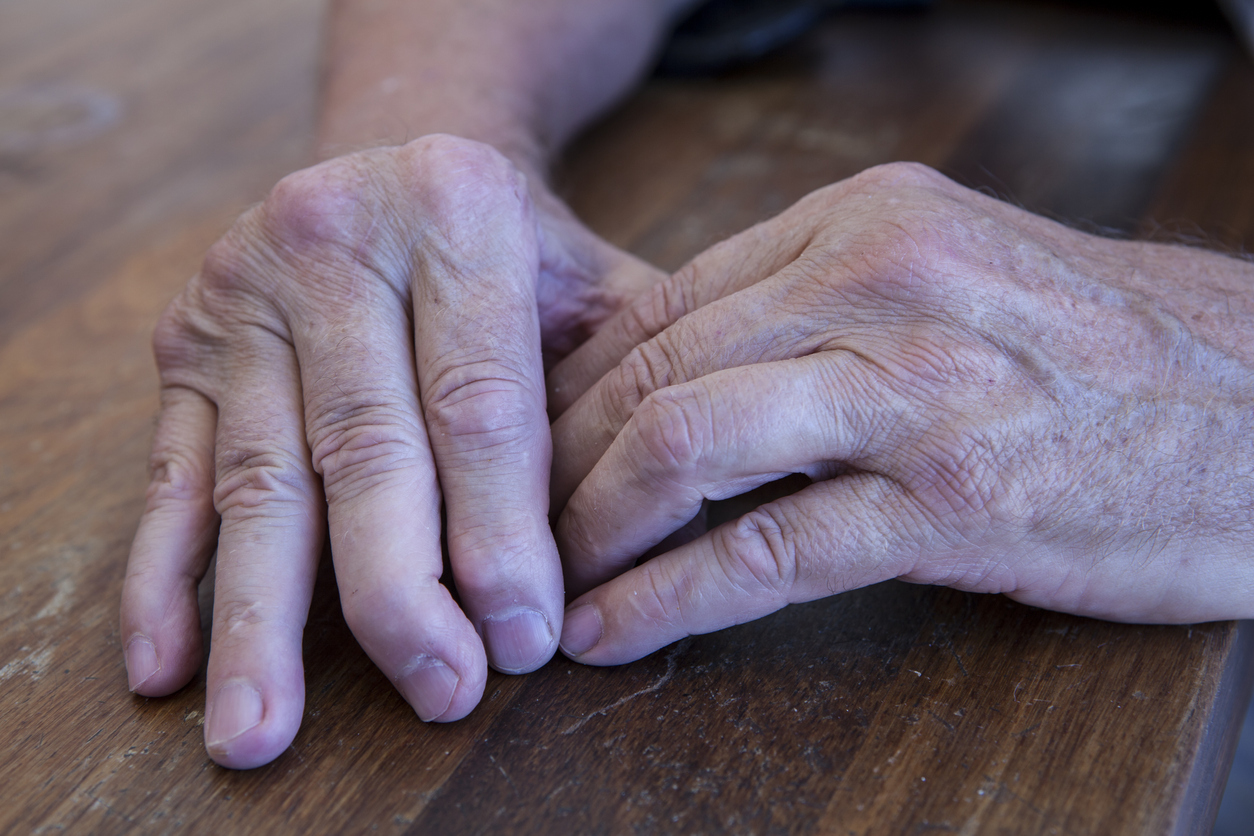
What is an Autoimmune disease?
Autoimmune disease in Australia describes a group of conditions where body also attacks healthy organs and tissues instead of infection or viruses. This happens when the immune system creates antibodies which attack the body’s own cells. Autoimmune diseases cannot be cured, however there are treatments which can help prevent symptoms from worsening and creating damage to the body. The immune system normally stops you from getting infections and from fighting diseases. Causes of auto-immune disease are still being studied, but it can mostly be linked to having a genetic predisposition.
There are some environmental factors which studies have linked to autoimmune disease, such as:
- Infections
- Stresses
- Medications
- Diet related problems or
- Radiation
Unfortunately, sometimes people live with autoimmune diseases for a long time before they are diagnosed. This may be because some symptoms are misdiagnosed or a symptom they may mistake for a common feeling – such as feeling tired of ‘off’. Since there is usually not just one test which confirms a diagnosis of autoimmune disease, it can take a long time for doctors to pinpoint the exact problem.
How Common Are Autoimmune Diseases in Australia?
The Allergy and Immunology Foundation of Australia lists that allergies and immune diseases are among the fastest-growing chronic conditions in Australia. Almost 1 in 5 Australians has an allergic disease and this is increasing. The prevalence of primary immunodeficiency diseases (PID) is estimated to be 1 in 1200. Autoimmune diseases currently affect 5% of Australians.
What symptoms do Australians with Autoimmune conditions live with?
There are multiple symptoms which people living with autoimmune diseases live with. There are more than 100 different autoimmune diseases that are known of, and the majority of these are life-long, with symptoms changing or worsening over time. Some of the common diseases, and their symptoms include:
- Lupus – the body’s immune system attacks its own normal cells which can affect the skin, muscles, joints, lungs, heart and kidneys
- Rheumatoid arthritis – disease affecting the bones and cartilage causing sore, swollen and stiff joints
- Graves disease – an autoimmune thyroid gland disease causing an overactive thyroid resulting in anxiety, heart issues, weight fluctuation and eye problems
- Multiple sclerosis (MS) – a disease which affects the nervous system, causing muscle weakness and loss of coordination, sight problems and cognitive issues
- Type 1 diabetes – autoimmune disease affecting the pancreas, in which it does not produce enough insulin to regulate blood sugar levels resulting in thirst, hunger and tiredness
- Coeliac disease – an immune reaction to gluten which can damage the small intestine. Causes severe stomach issues and abdominal pain.
What help is available for Australians living with Autoimmune Diseases?
It can be a lifelong journey when you are diagnosed with an autoimmune disease, and therefore important to have the right support around you. Whilst there is no cure, there is help available though medication, professional medical help and financial compensation.
Each autoimmune disease affects everyone differently. In some people, autoimmune diseases can be mild and they are able to maintain a job and fulfill everyday tasks. However, in others it can have a massive impact on their quality of life, and it will require time and money to manage the disease. This is where Super Claims Assist can help with the financial burden. Super Claims Assist can help explain TPD insurance and if you may be eligible for this through your super fund. We can help you – no win, no fee.



